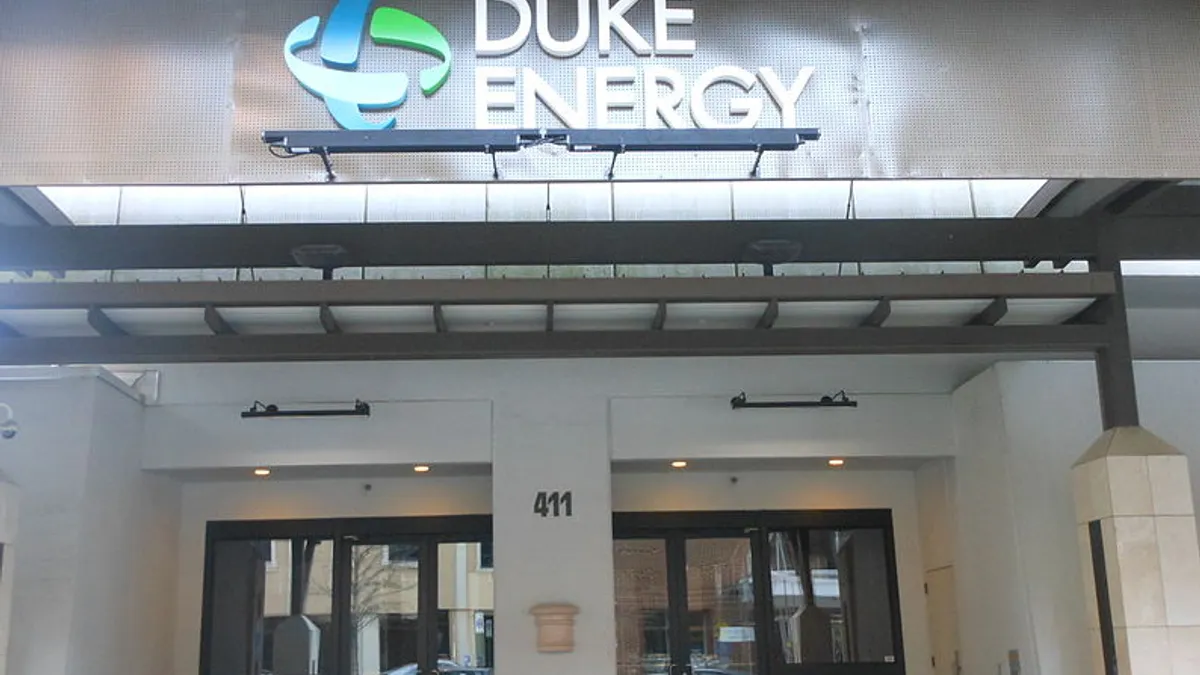Dive Brief:
- A Florida House of Representatives committee passed the proposed bill PCB EUS 15-01, which would reform practices of the five-member state Public Service Commission, the Miami Herald reports. The committee members also approved bans on utility gifts to commissioners and on discussions of on-going business between commissioners and stakeholders.
- But, the Energy and Utilities Committee rejected controversial changes to utility regulations, including a repeal of utilities’ ability to bill in advance for nuclear plant construction and a ban on utilities partnering in natural gas exploration at customers’ expense.
- The House Energy and Utilities Committee’s Republican majority also rejected Democrat-proposed amendments to move PSC meetings to affected customers’ communities and to limit commissioners’ terms to two years. The approved measures will move on to the full state House.
Dive Insight:
The committee also limited PSC commissioners to three four-year terms, required commission lobbyists to be registered, required PSC approval of special utility rate increases, limited utility customers deposits, and required live-streaming of PSC meetings. One committee member called the bill “consumer-friendly.”
The advanced nuclear cost recovery plan allowed Duke Energy to charge customers $3.2 billion for a now-scrapped nuclear plant and return $54 million to customers. The PSC recently approved a Florida Power and Light plan to recover $191 million from customers for exploratory fracking for natural gas in Oklahoma and is considering an FPL investment of $750 million per year in similar ventures.
The Florida Legislature is widely believed to have a cooperative relationship with the state’s dominant utilities. In the 2014 election, FPL, Duke and Gulf Power gave more than $3.5 million to the Florida Republican Party and Republican Governor Rick Scott's campaign.
Southern Alliance for Clean Energy Director Susan Glickman said the bill makes “tweaks that are very minor” but fails to rectify commission failures like its “gutting” of energy efficiency standards and its validating of utilities “over-reliance on natural gas.”














